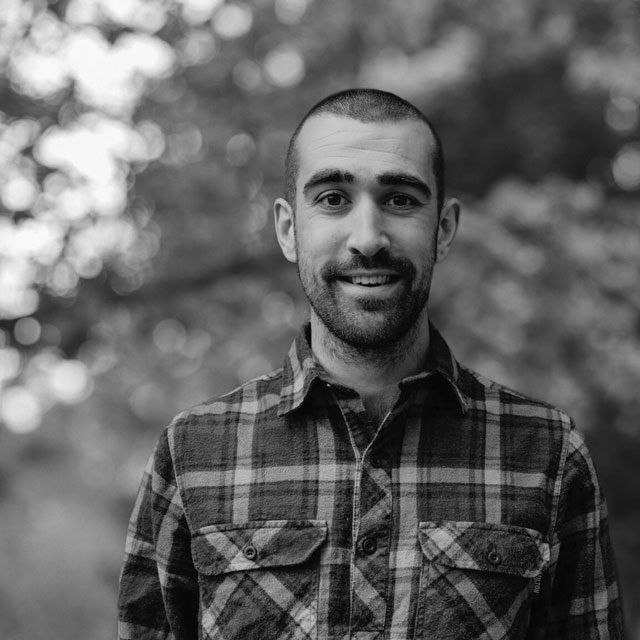Why did you start Untanglr?
My commitment is to improve outcomes for people with persistent pain. This idea has challenged me to find new ways to do healthcare.
It is important to be effective, as people are trusting us with their pain, and we need to deliver. It is also important that we are efficient, as this helps us to be affordable. The solution to both of these challenges is research.
We have worked closely with leading scientists to develop and test pathway models of care, and we are now confident that we have a system that works. I am incredibly proud of the team of clinicians that we have brought together, and I feel sure that this project is on the leading edge of pain treatment internationally.
Why do you believe coaching gives the best outcome for people with ongoing pain?
What is clear about pain is that it is more than just injury, and that solving pain requires a change in what we do. Recovery is about identifying helpful and unhelpful actions, and then doing helpful actions and less unhelpful ones. A coach can help you to tell the difference, and then make positive change.
I know this approach sounds incredibly simple. We are passionate about making recovery simple, because pain can feel so complex. Our team helps to untangle the dizzying web of complexity, and give you something achievable that will generate a result. Coaching is the best way to achieve this.
Where do you see the future of treatment for chronic pain?
Technology is an incredible way to support health care. It is efficient, it can improve outcomes, and it can generate insights that can help others. I think that healthcare will become increasingly digital, but also that we need to maintain a sense of humanity within that. Chronic pain treatment will become incredibly effective as we focus on the things that matter, and this is generally captured by behaviour change.
